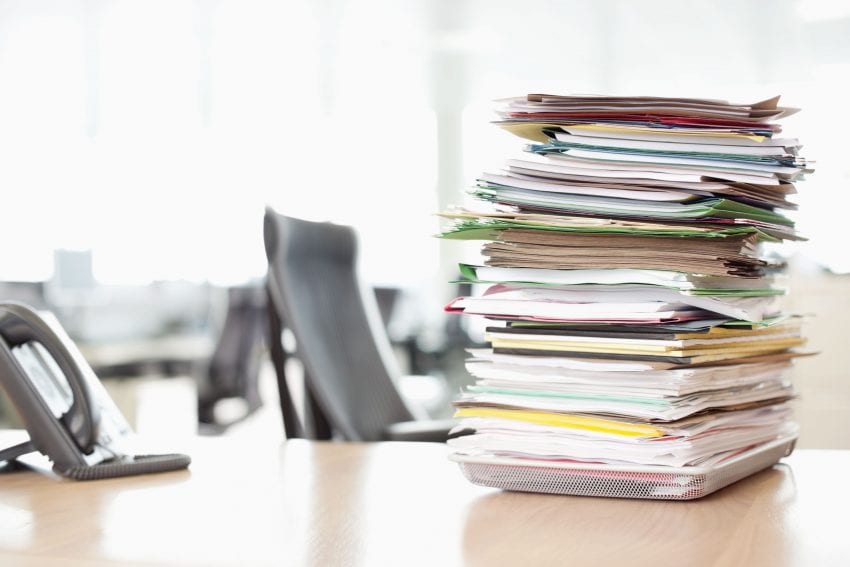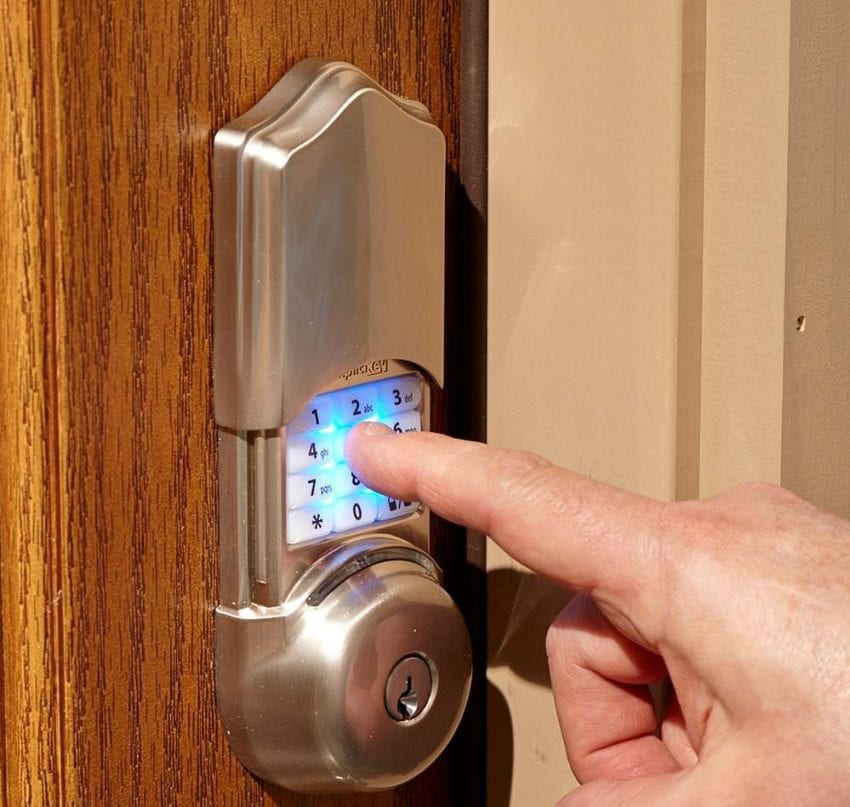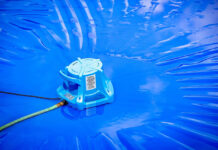Storing cash and important documents at home can be a risky business but is sometimes necessary. In fact, for most people, home is the safest place for their cash and important documents. That being said, your cash and documents are only as safe as you prepare them to be. By taking measures into your own hands, there are a series of strategies you can use for the safe-keeping of your cash and important documents. Read on for the full list of tips.
Tips for Storing Cash
1. Keep Only What You Need
First and foremost, storing cash in your home still leaves it available to one of the largest, yet invisible, thieves there is – inflation. For this reason alone, you want to be sure that you are only keeping a certain amount of cash in your home and for specific purposes. It’s a safe practice to have an emergency stash of cash, but not the word emergency. Unless you have to keep the cash on hand, it’s better off being invested or saved in a bank, where inflation is negated at least minimally.

In addition to emergencies and rainy day accessible cash, there are not too many reasons to be hiding cash in your home. This stems back to the idea that you should only keep what you feel the need to in the house. If you are hiding cash because it’s not supposed to be there, well, you’ve already steered wrong and hiding that is on you.
2. Location, Location, Location
Hiding cash in your home is all about location. You should avoid all of the dubiously simple hiding places like the freezer and inside walls. If someone were to have the intent of thieving your cash, these are the spots they will likely check first. Another factor to consider for location is the question, “Have I heard of this as a hiding place before?” This question will help you to decide if the place you intend to hide your cash has a higher likelihood or not of being discovered.
Additionally, if you have children, it would be wise to hide your cash in a space to which they have no access, thereby passing on the possibility that they may discover it. It would be a good idea to use a small safe that you could perhaps hide as well.
3. Keep it Hush
Keep your hidden cash on a need to know basis. Unless an individual absolutely must know, such as a partner, do not disclose how much or where or why you have cash hidden. You cannot control the flow of information beyond yourself so it would be wise to keep that information in the house and avoid the possibility of word leaking about your hidden cash.
Tips for Storing Documents

1. Fire Box
A great solution to keep your documents save is a lockable firebox. Fireboxes ensure that your documents will be safe no matter what happens to your home, even a fire. These boxes are typically equipped with a lock and corresponding key. Fireboxes are perfect for birth certificates, passports, contracts, etc. If you decide to use a firebox, be sure to keep the location of the key private. If you have an even larger safe, you can keep the firebox inside, providing two-layer security.
2. Plastic Slips
A phenomenal way to maintain the integrity of your documents in your home is by using plastic slippages in your documents. By protecting each page of any kind of document with a plastic slip, you are preventing air and light from degrading the document as harshly as it could without protecting it.
3. Creating and Storing Copies
Creating copies of documents that need safekeeping is the best practice for ensuring that documents survival. While keeping original and authentic versions of documents in a firebox, you should create copies of each and store them in a separate safe. By creating copies and placing them in a separate location, you are hedging against the possibility that one copy is destroyed or lost. It’s also nice to have copies that you can use for reference and documentation without risking the life of an original document.
General Safe Storing Tips

Keyless door locks are one of the many ways in which technology is helping to keep our homes and possessions safe. With keyless door locks, entrants either need a code or some kind of biometric input, like a fingerprint, to gain access to rooms. By using keyless door locks on rooms containing valuable possessions, you can be sure to control who can and cannot access them.
2. Vigilance
Remaining vigilant and alert is by far the safest practice for maintaining safe storage of cash and documents in your home. By knowing who is coming and going from your home and what kind of activity is taking place in your neighborhood, etc. at all times, you are that much more armed with information to keep your possessions safe.
Conclusion
There are quite a few ways to keep your cash, documents, and valuable possessions safe in your home. By using things such as safes and maintaining a certain level of secrecy regarding your possessions, you can practice more fully control over the safe storing of such possessions.
Valuables such as cash and other important documents should be treated just as any secret you might have. That information doesn’t show itself and is not exposed unless it absolutely ought to be. And finally, as mentioned previously, only keep what you are sure you are required to in your home. This is the safest way to avoid catastrophe.









